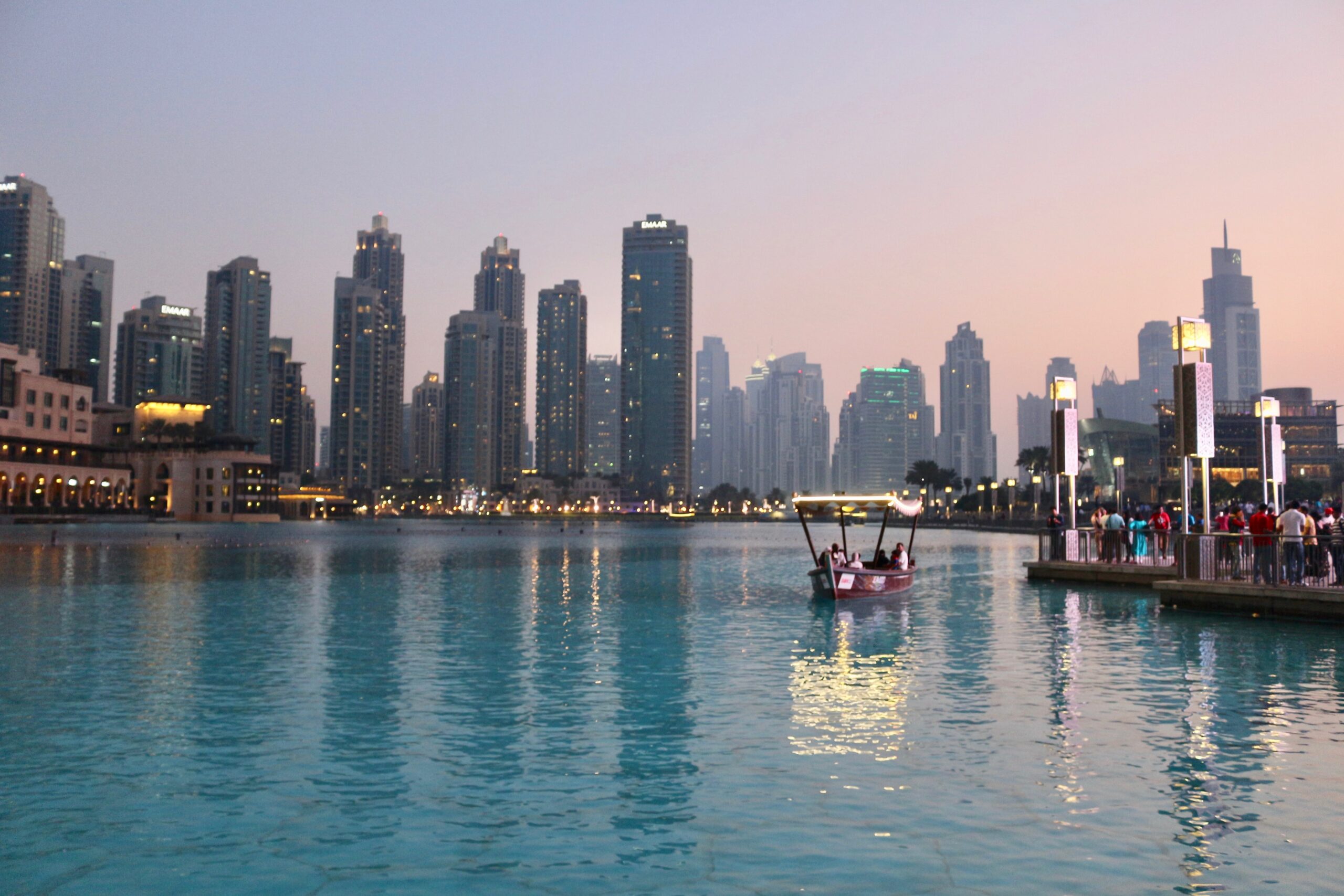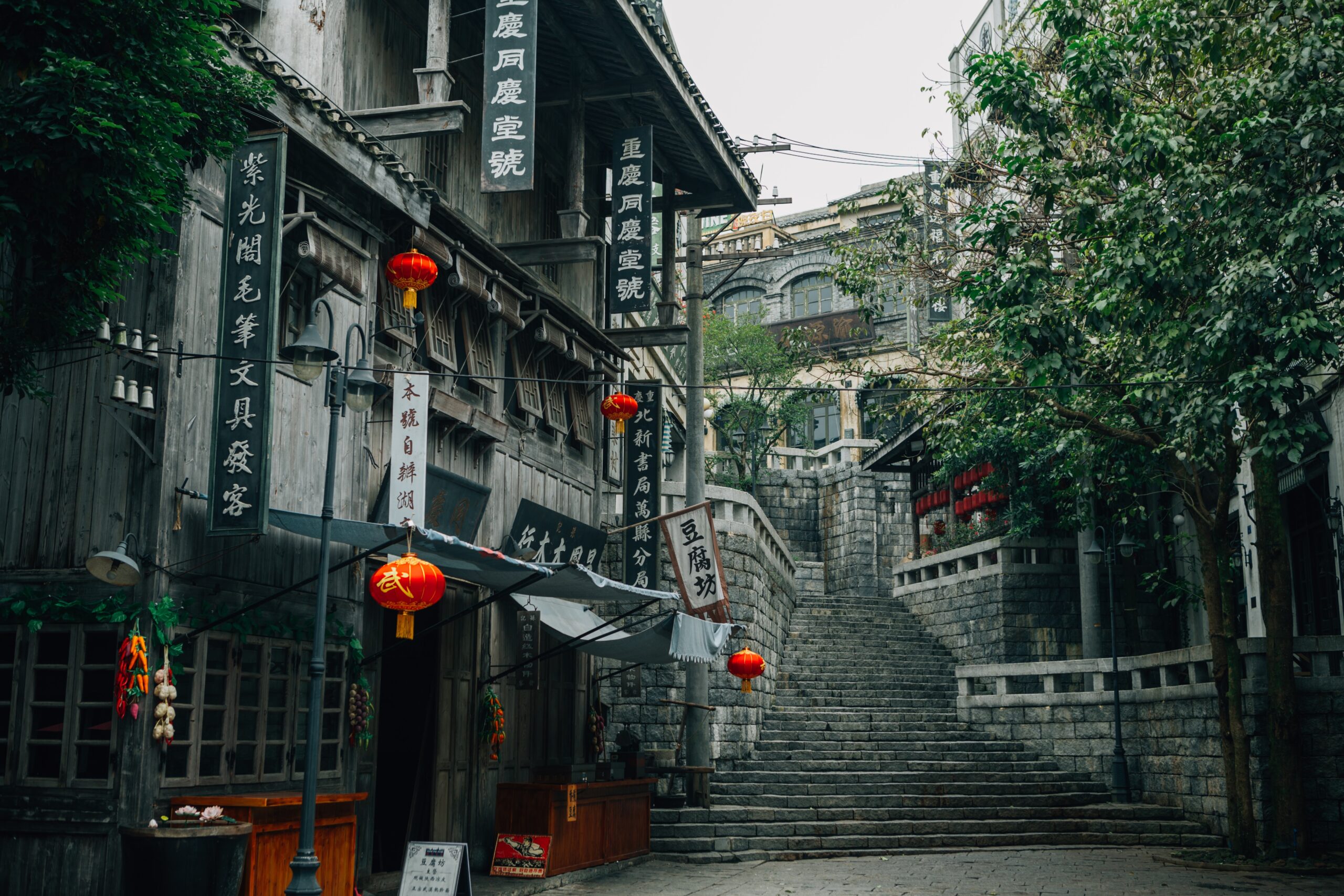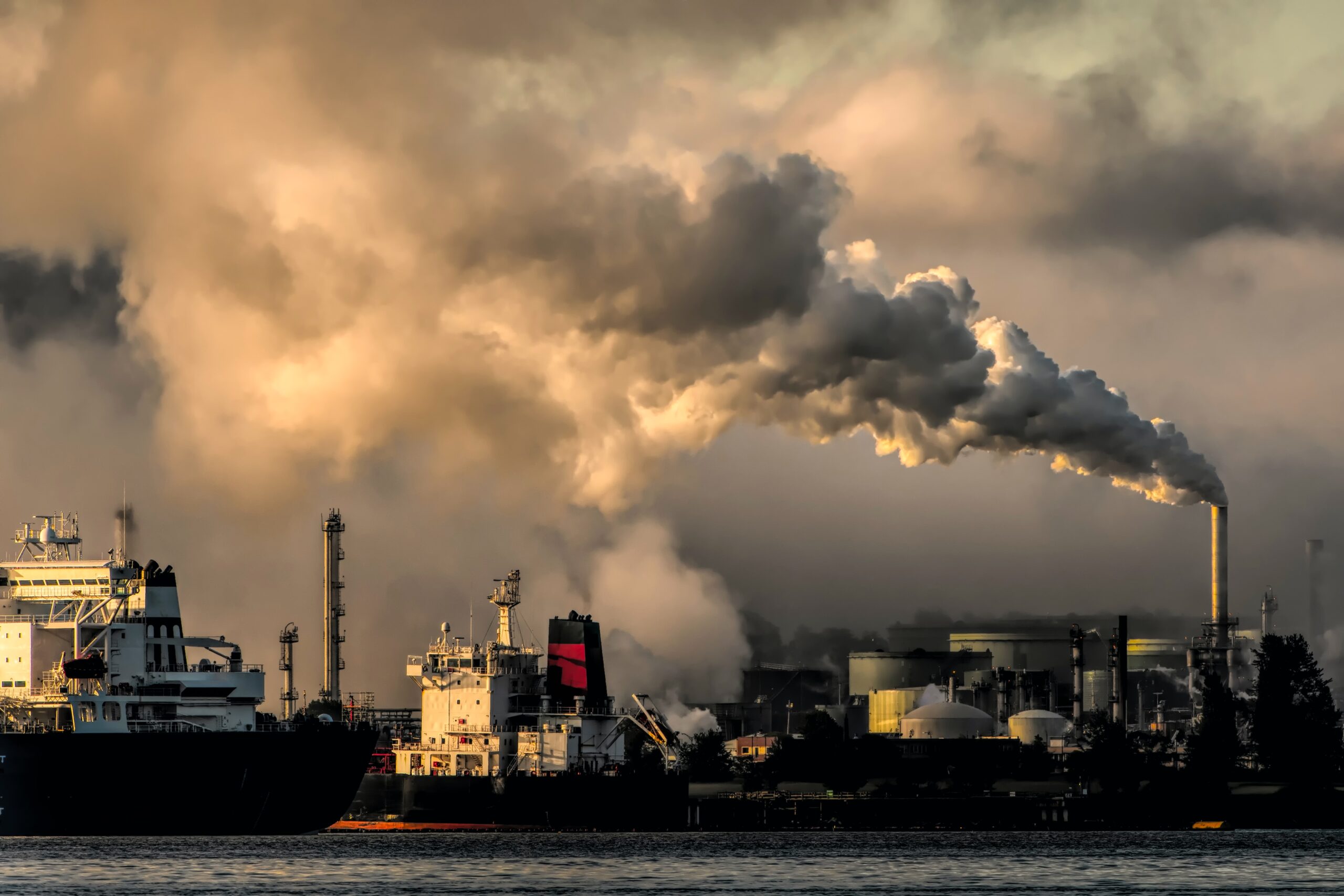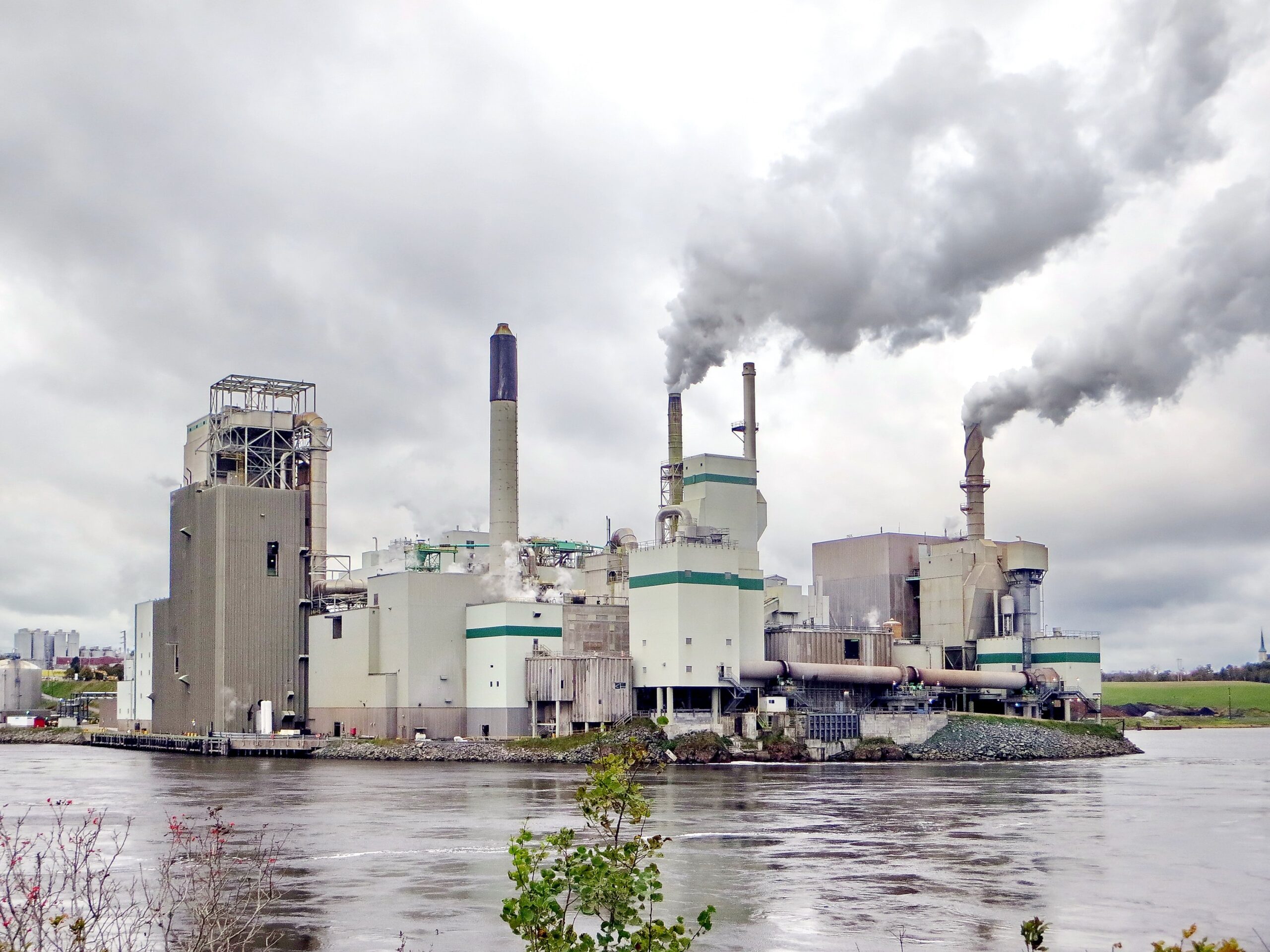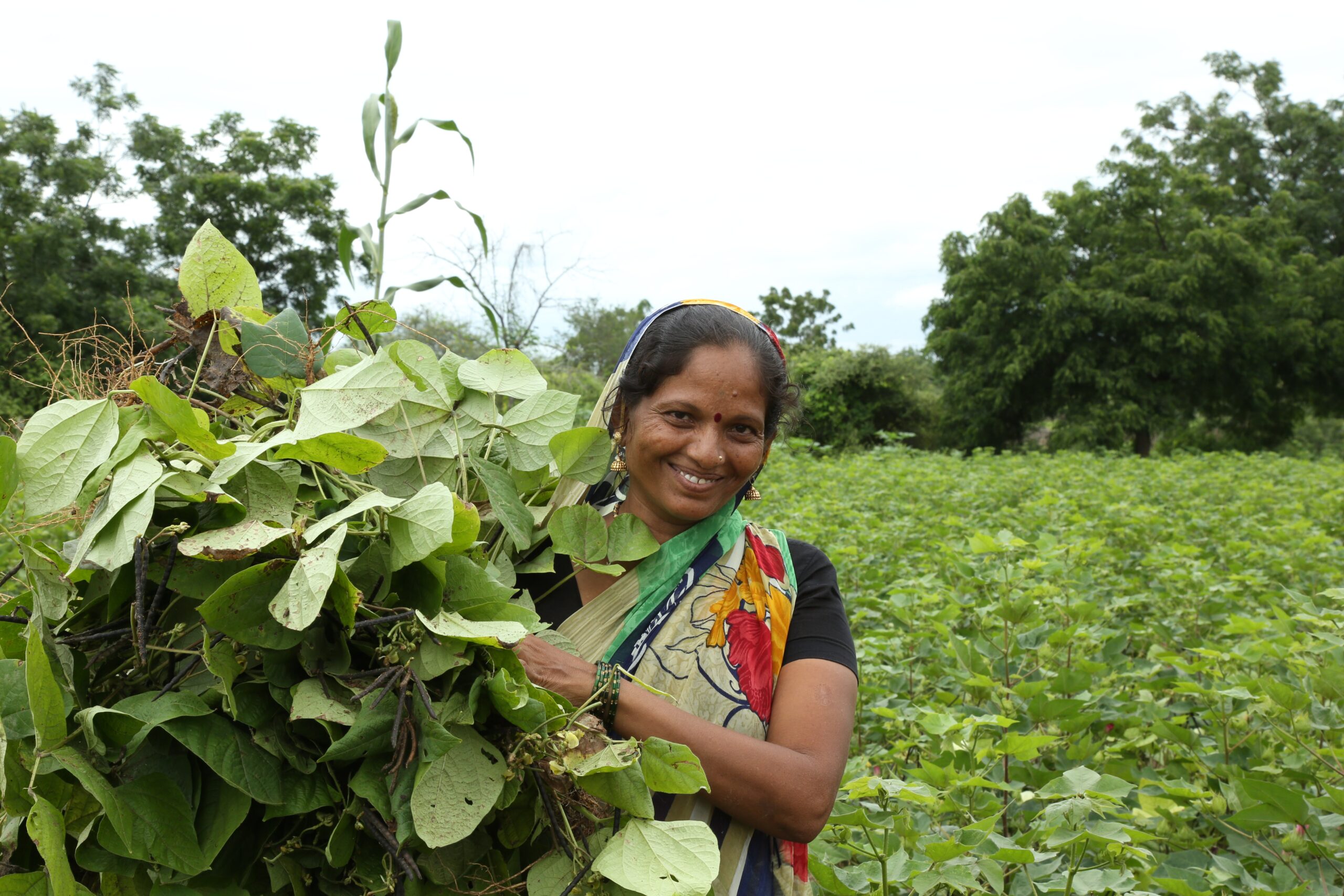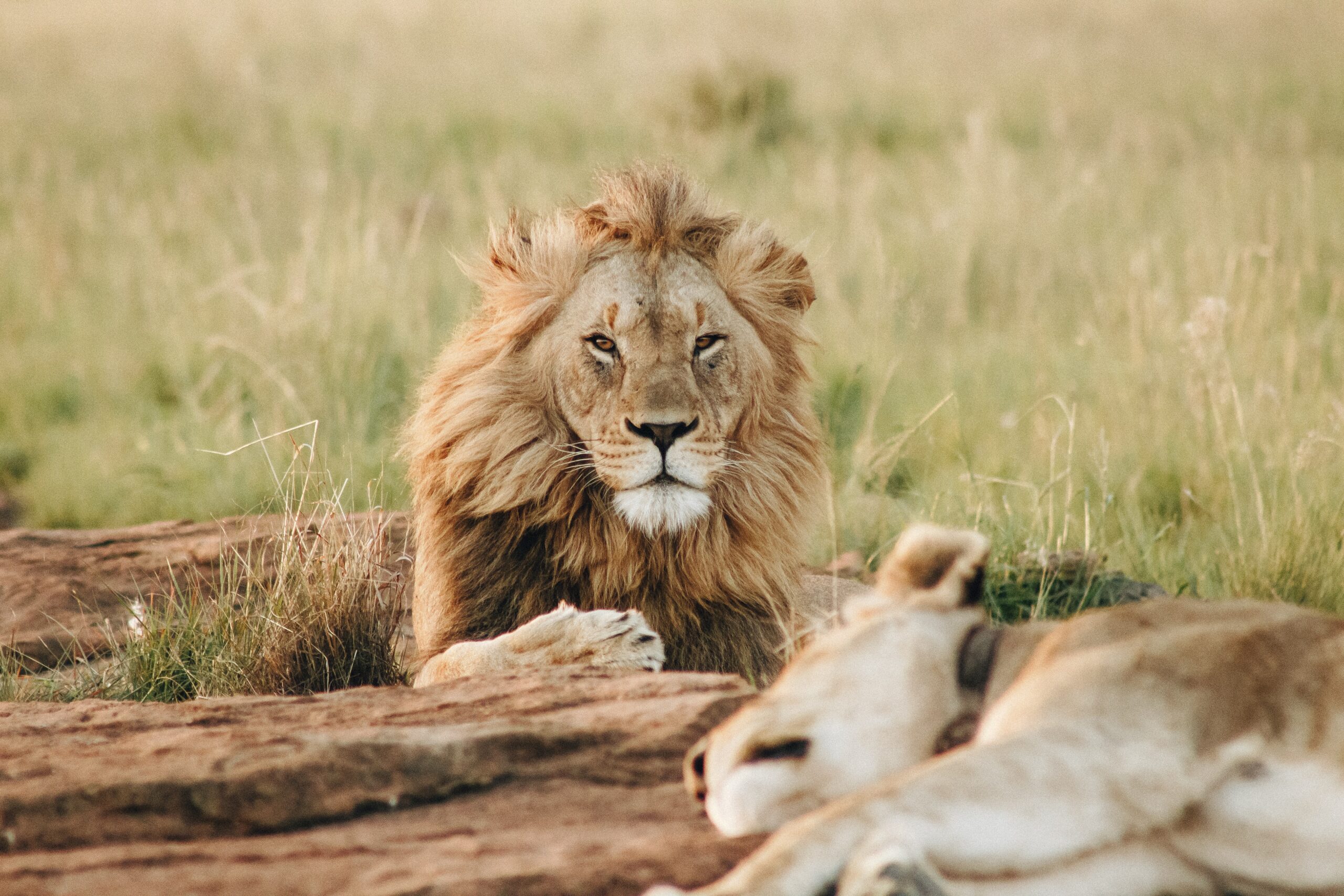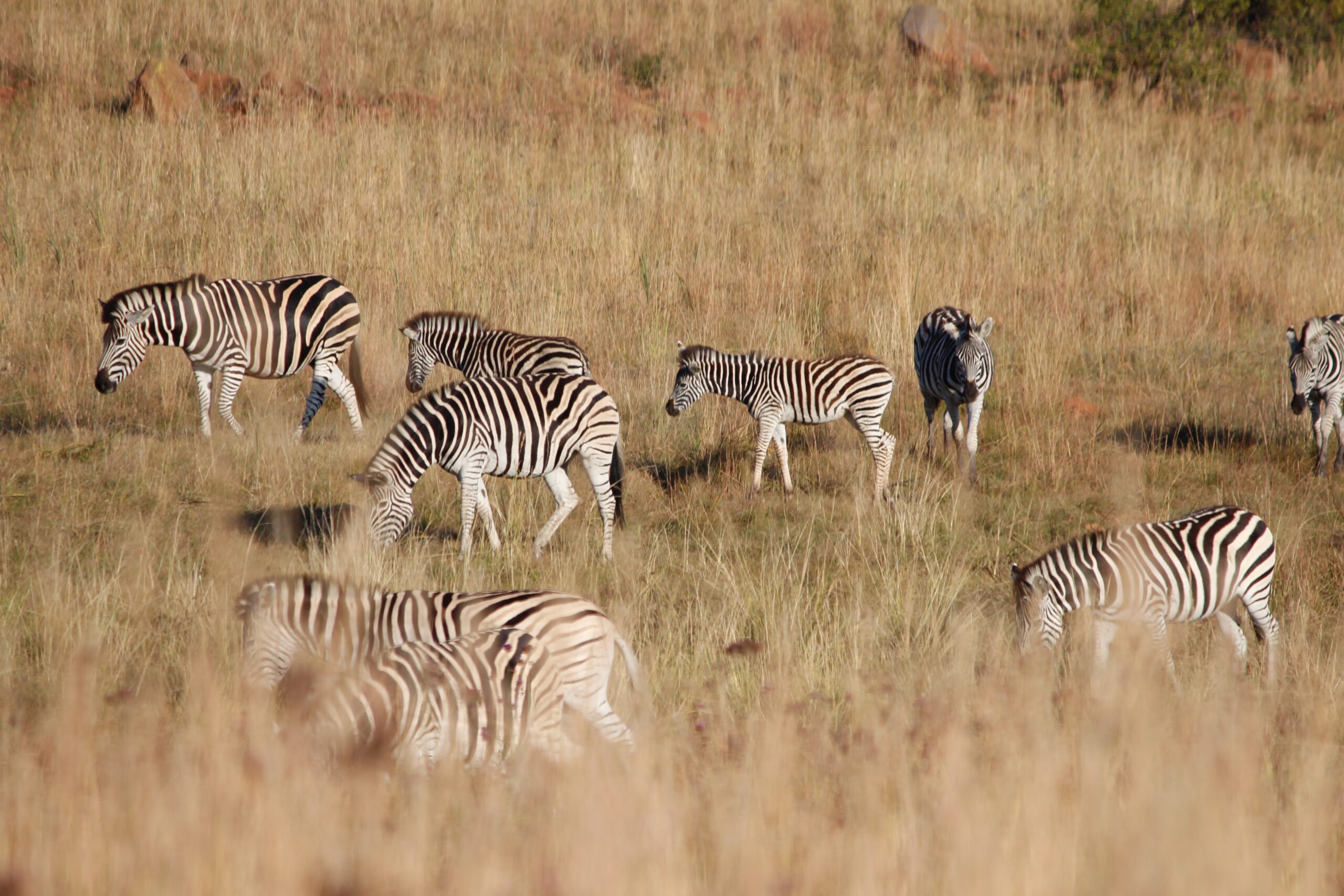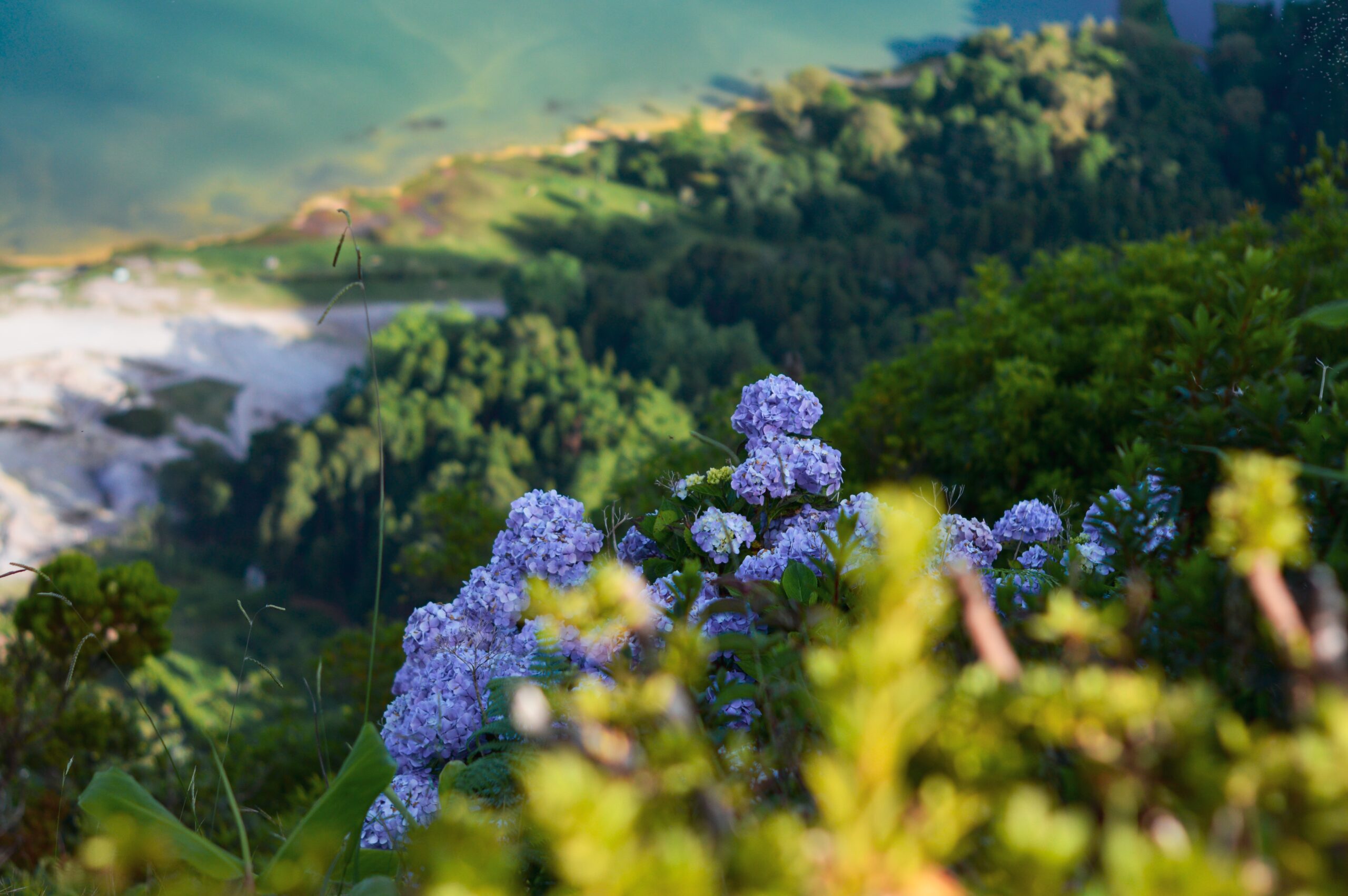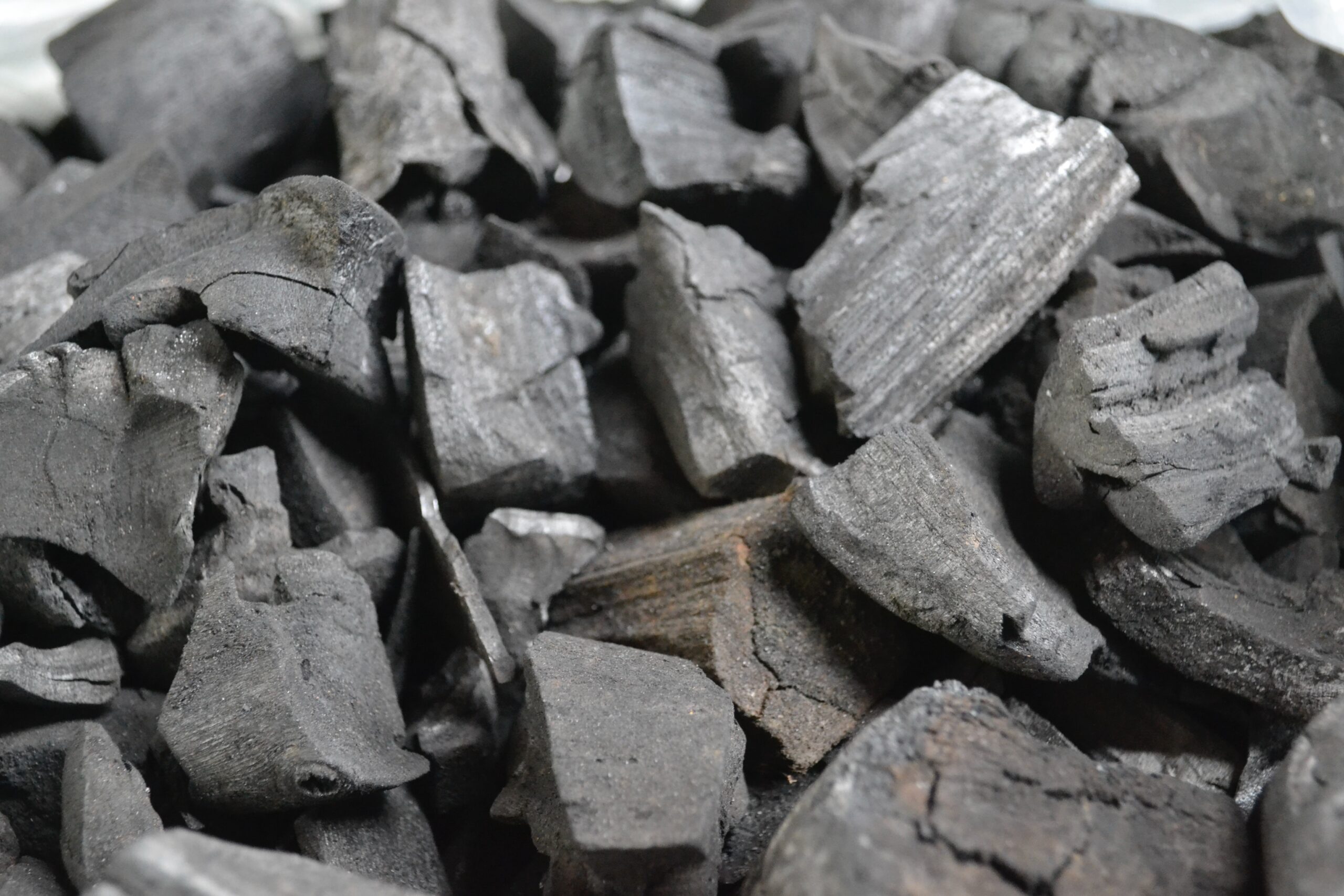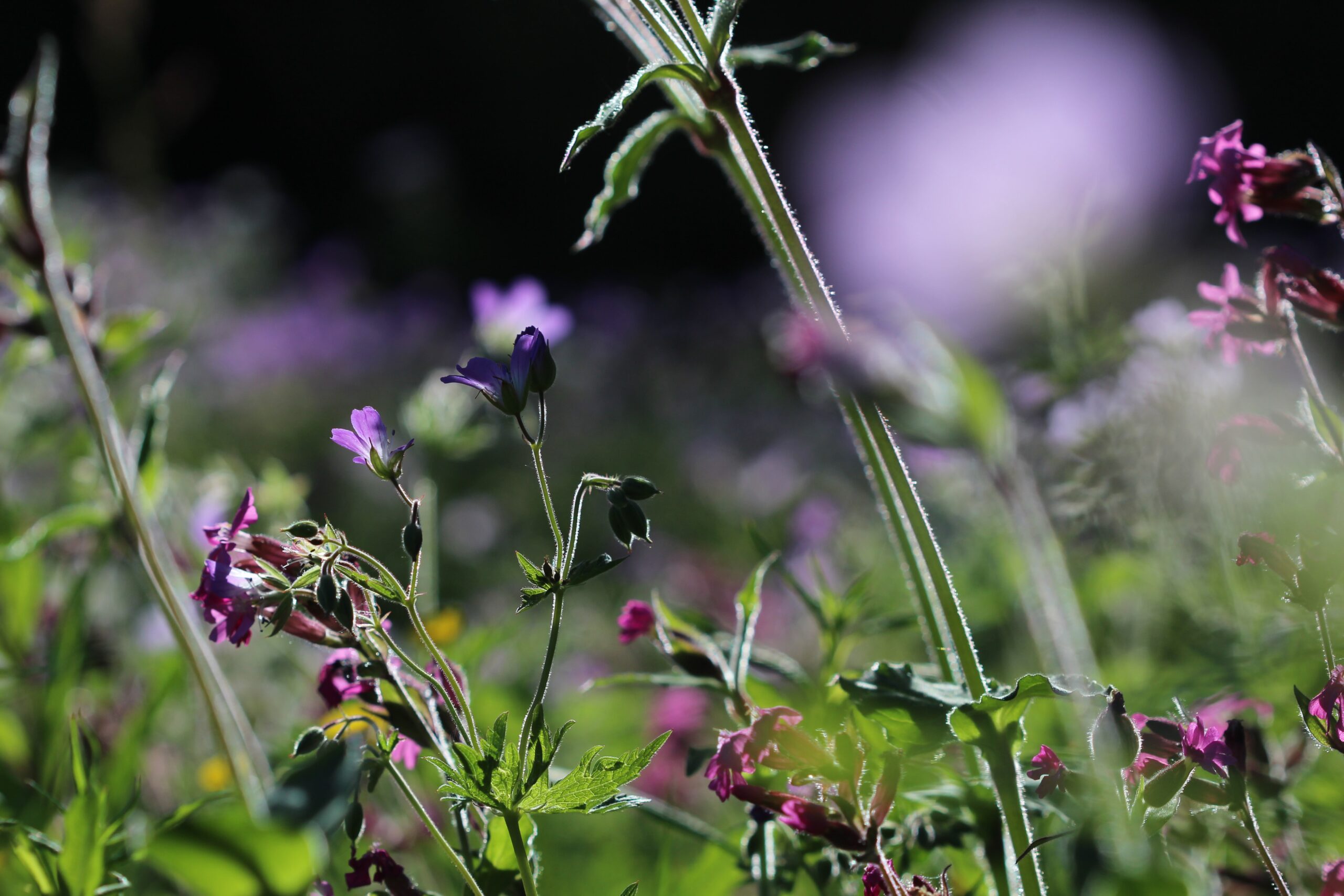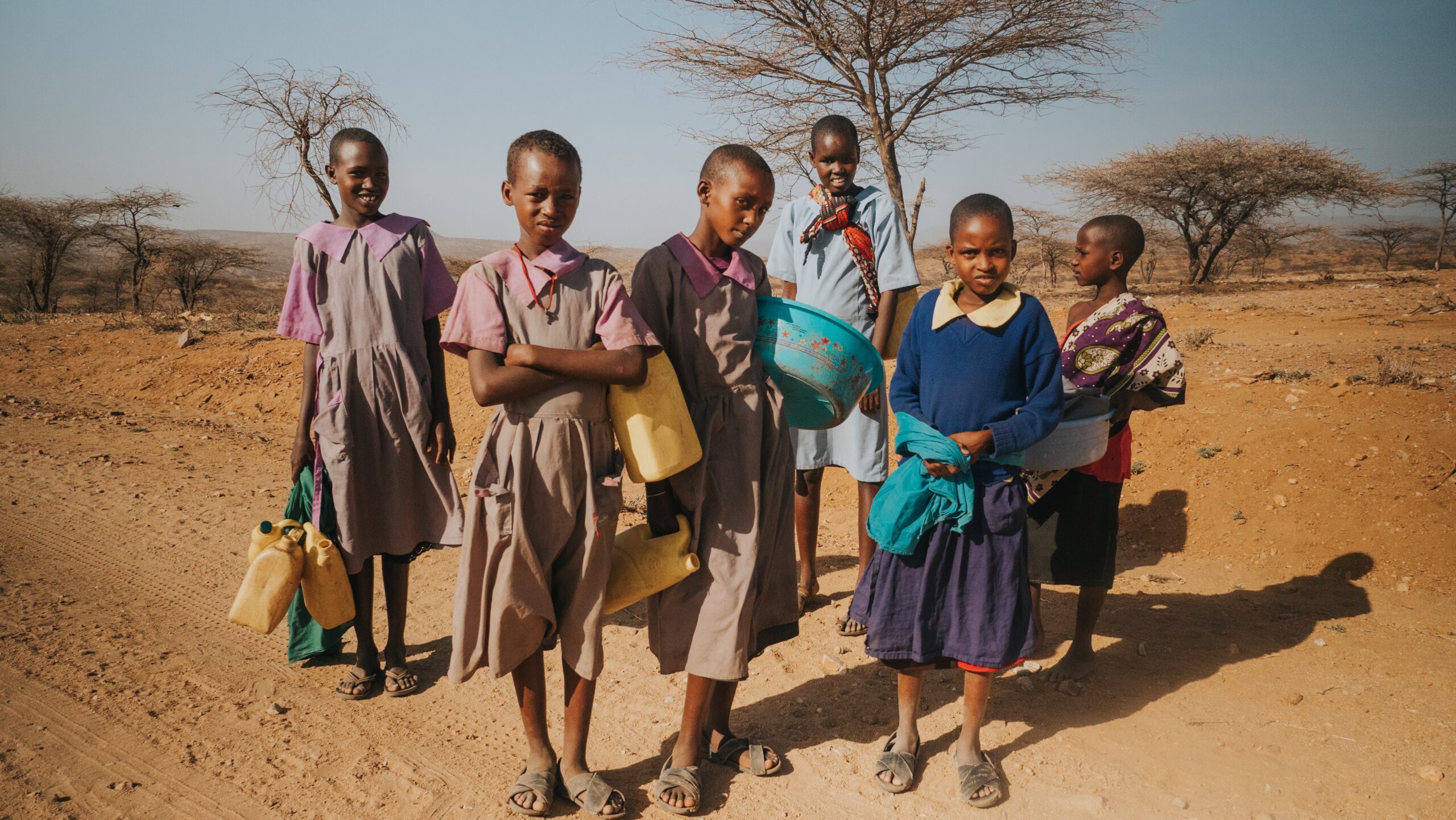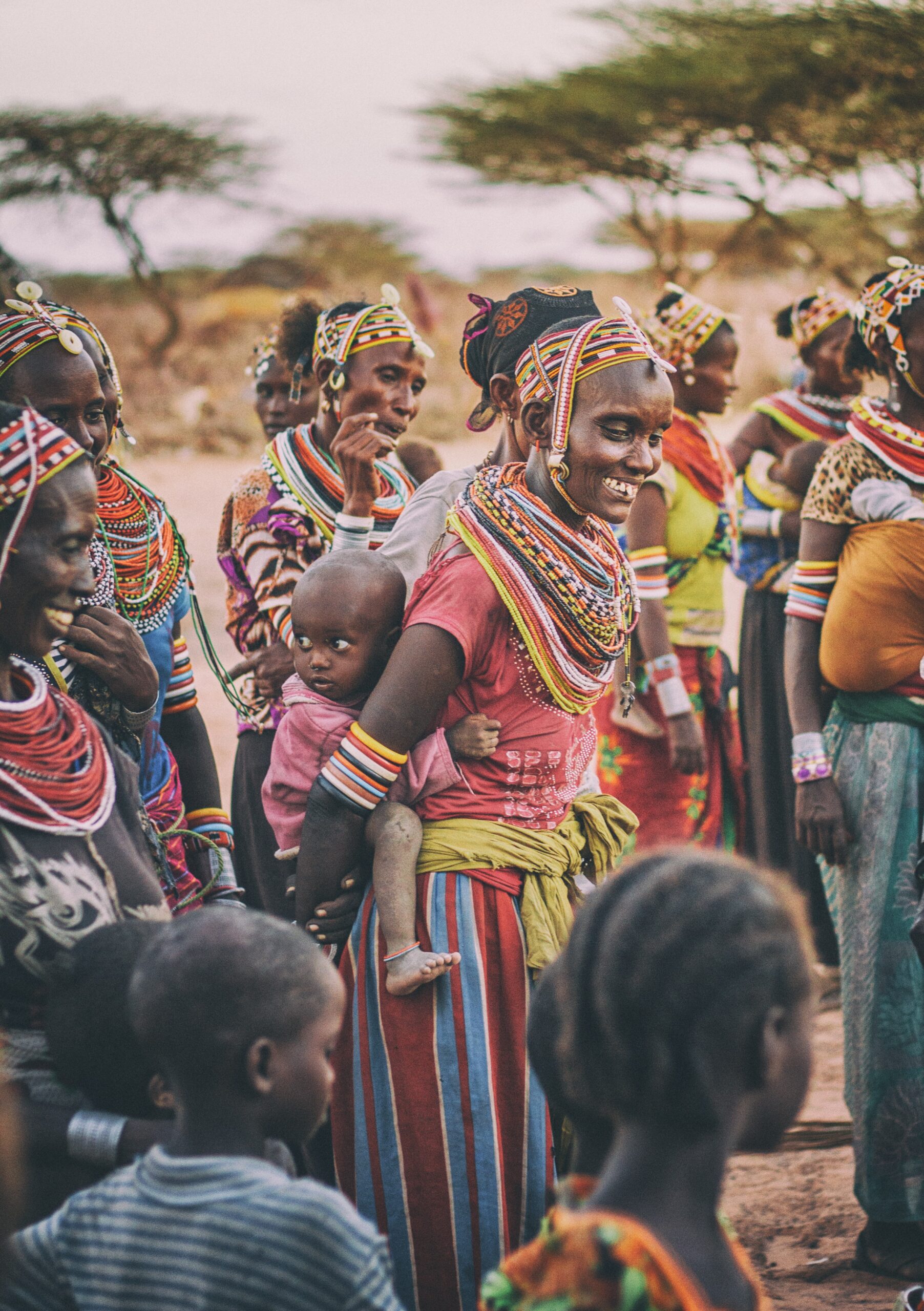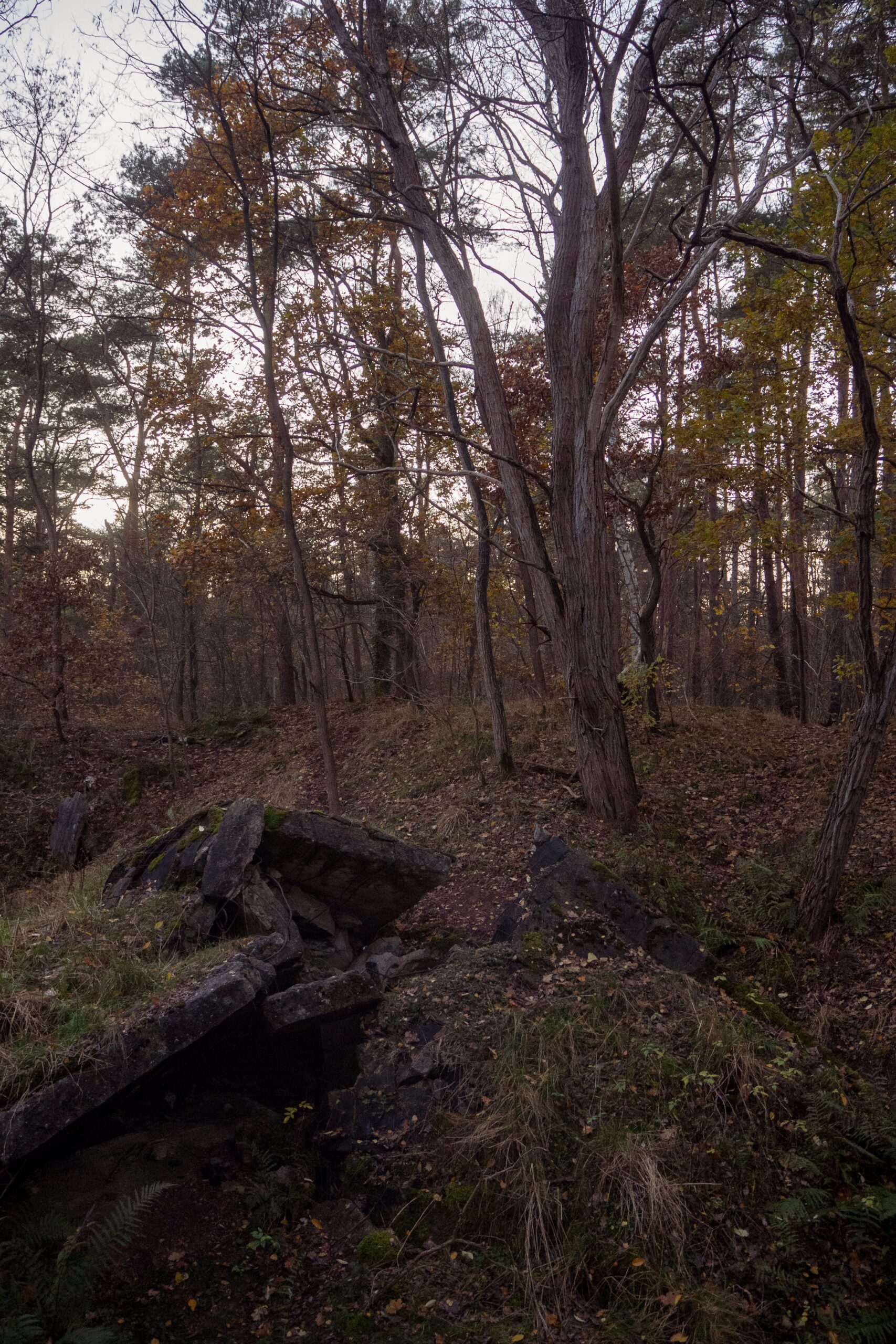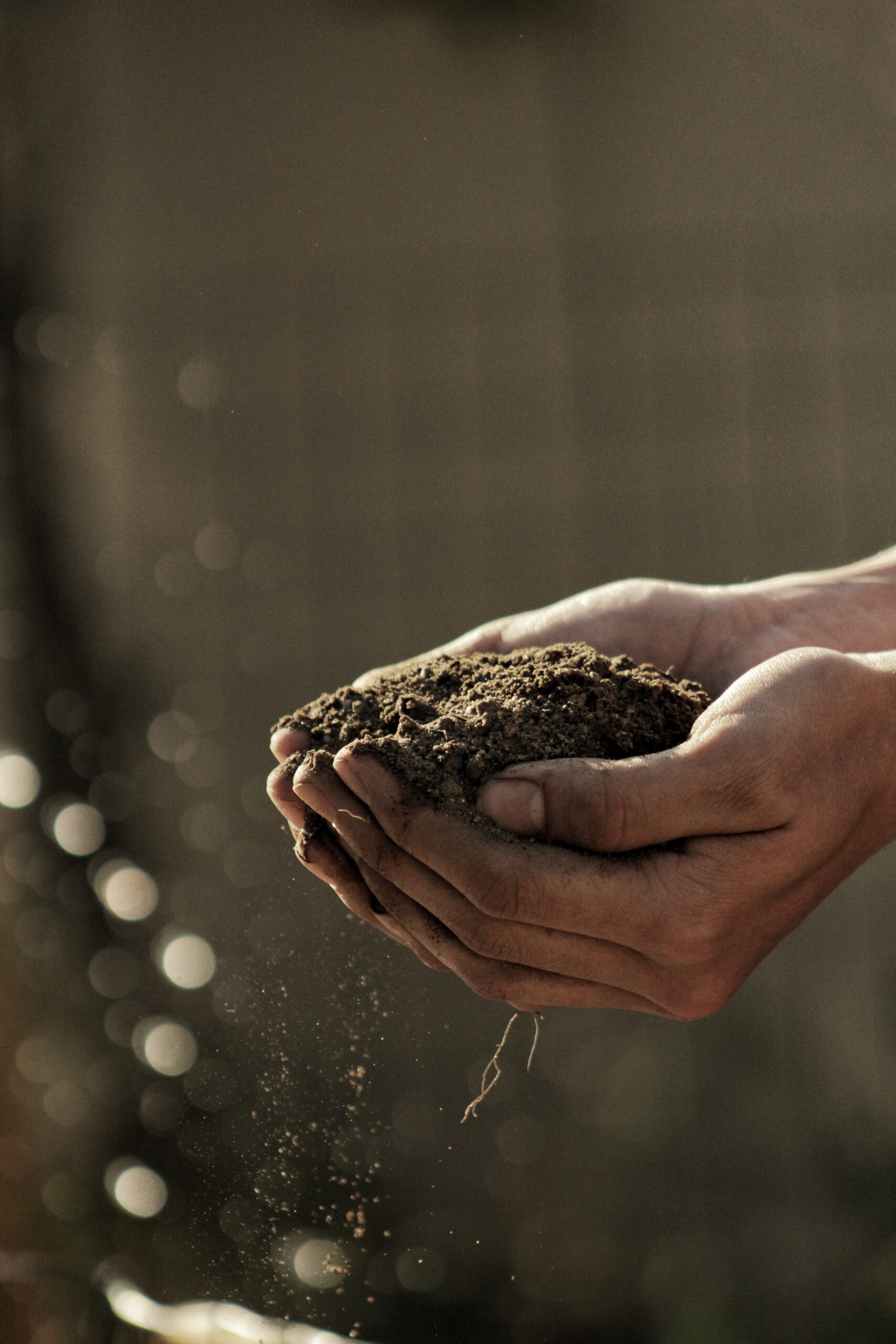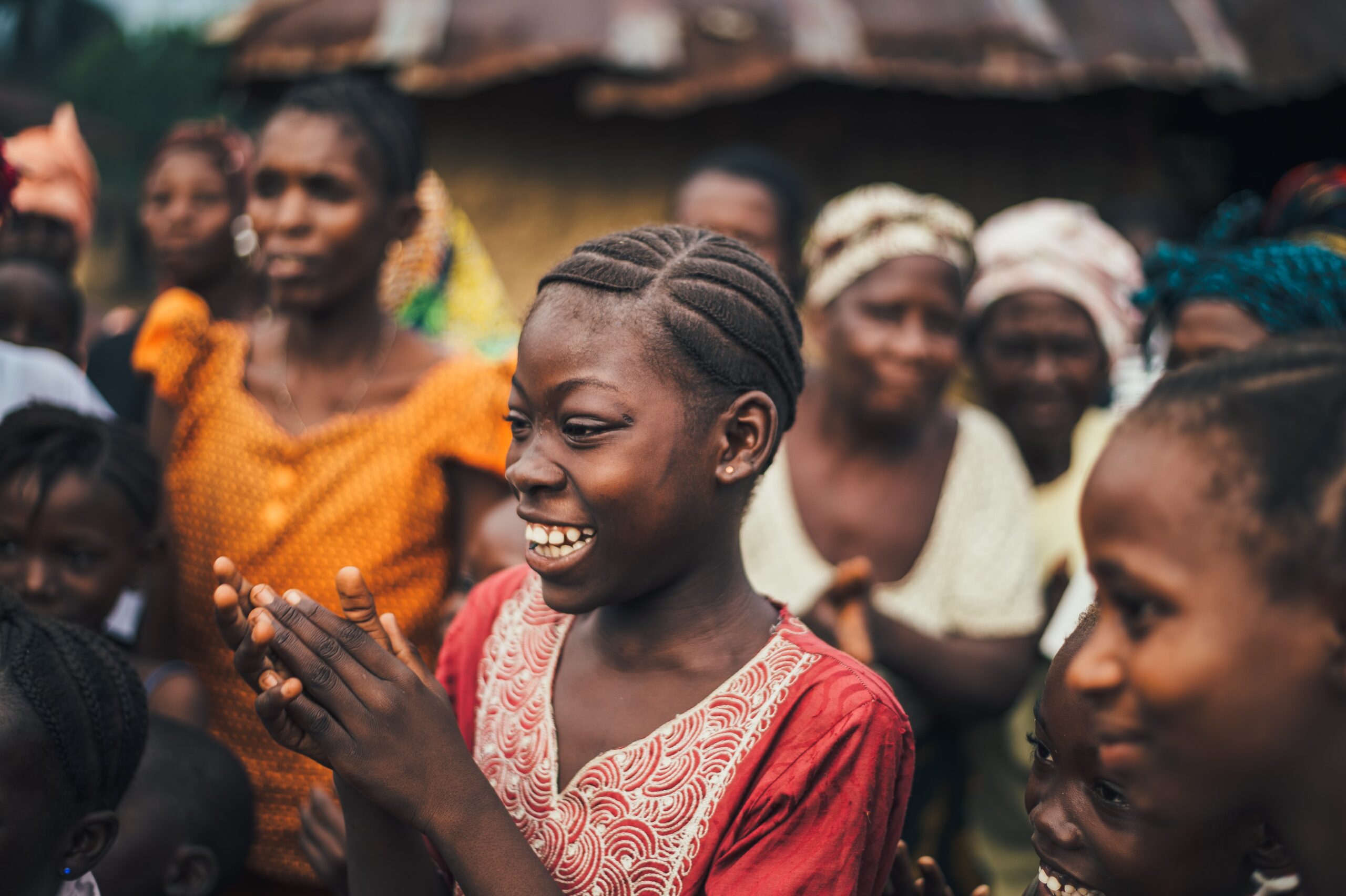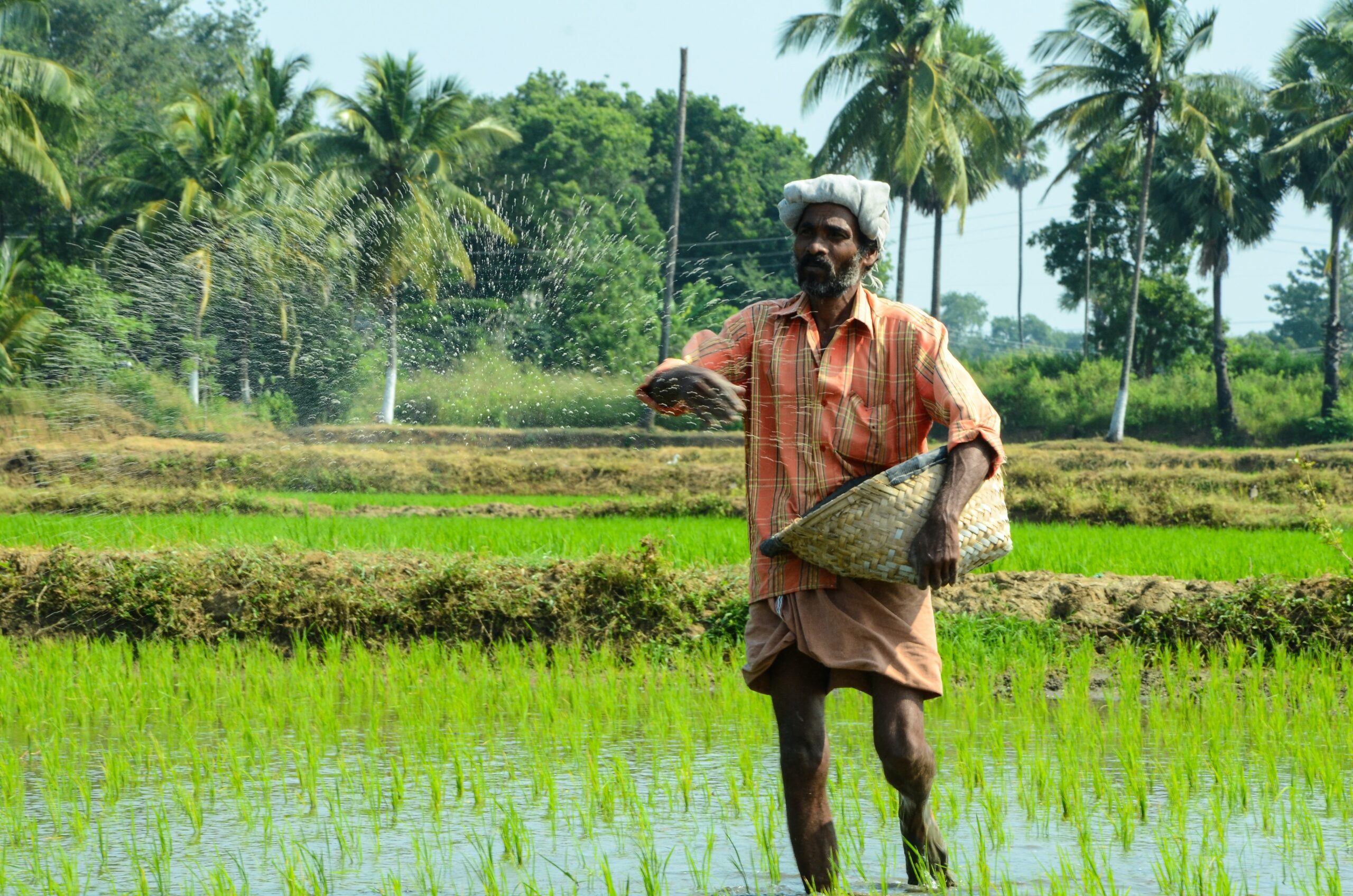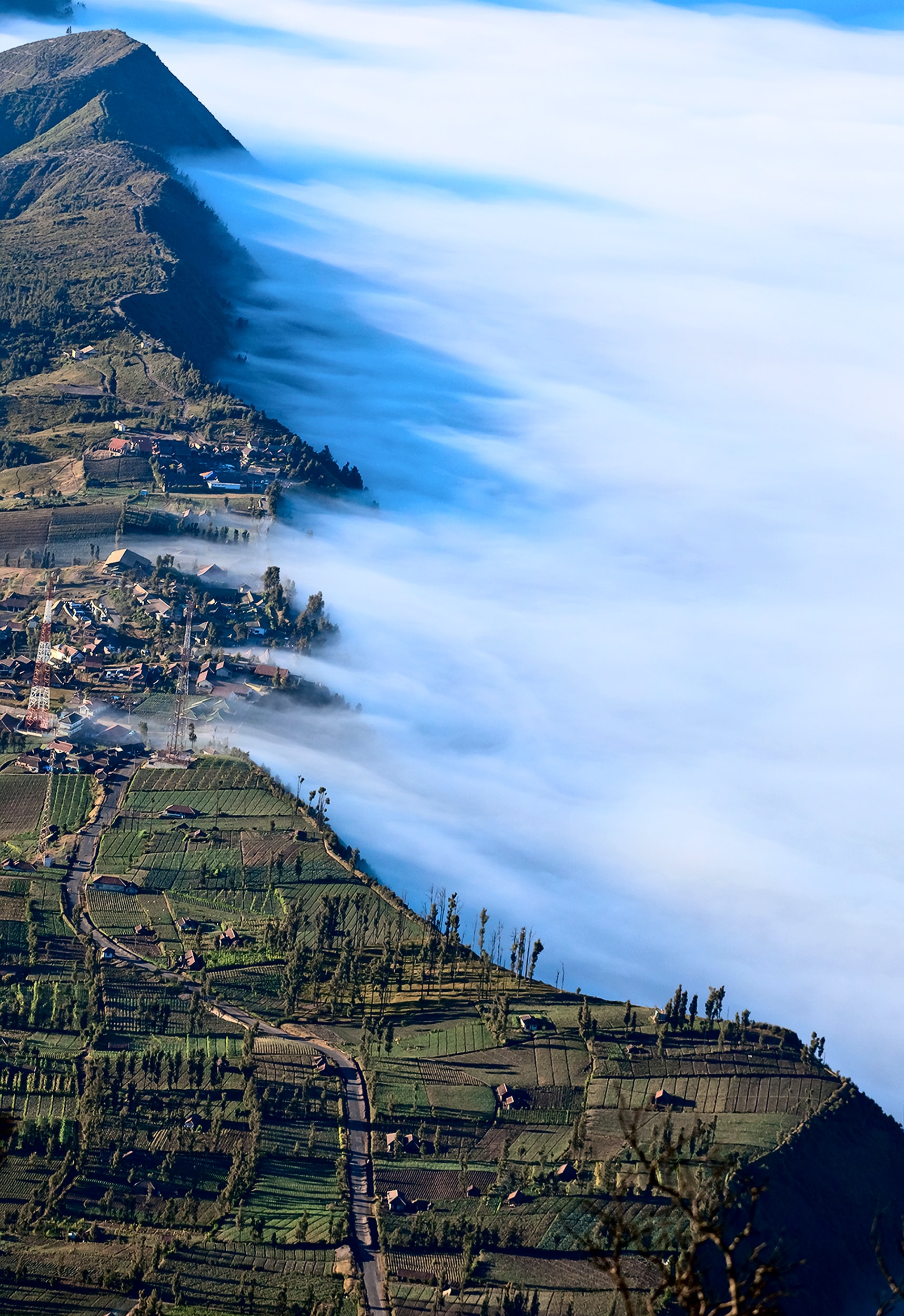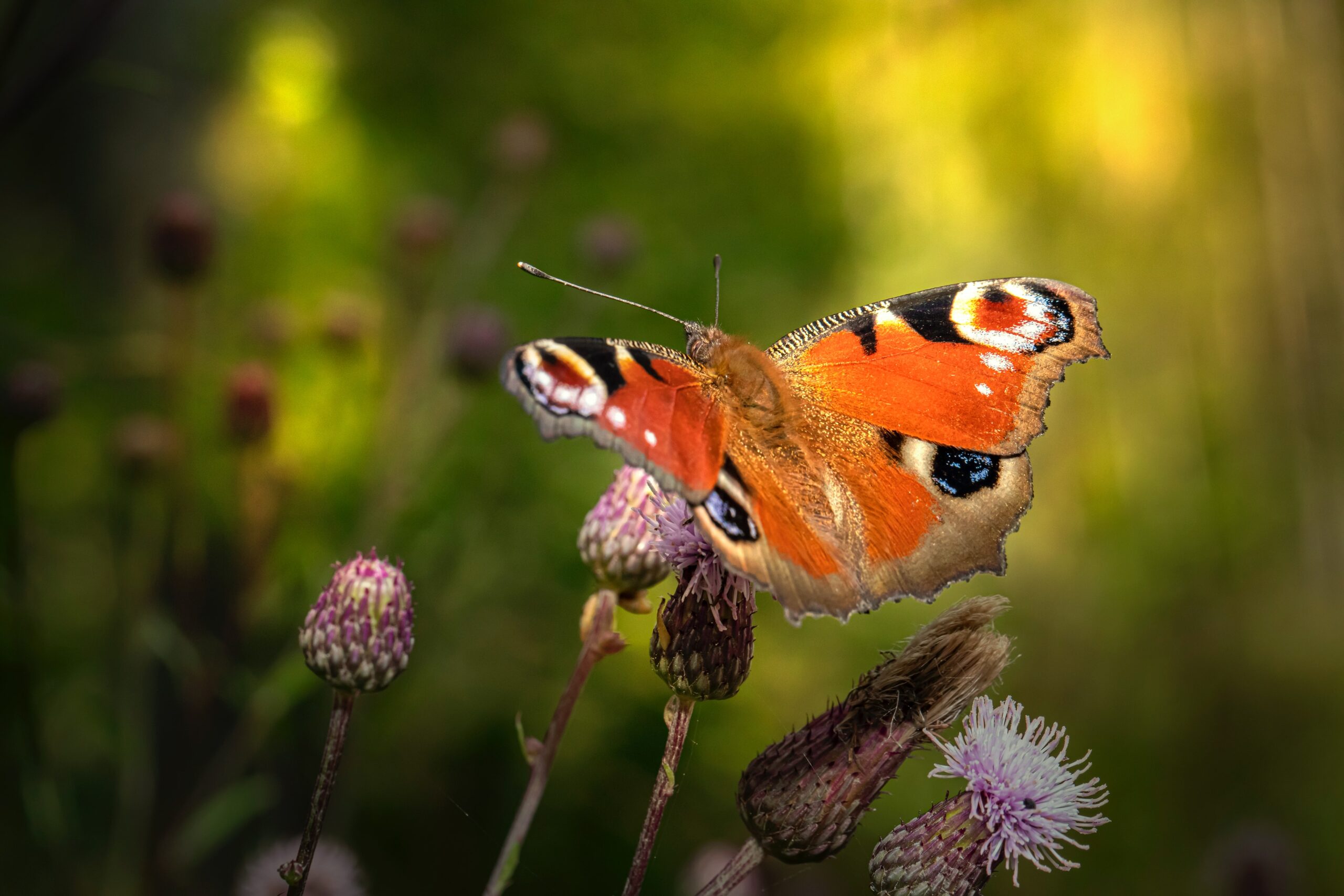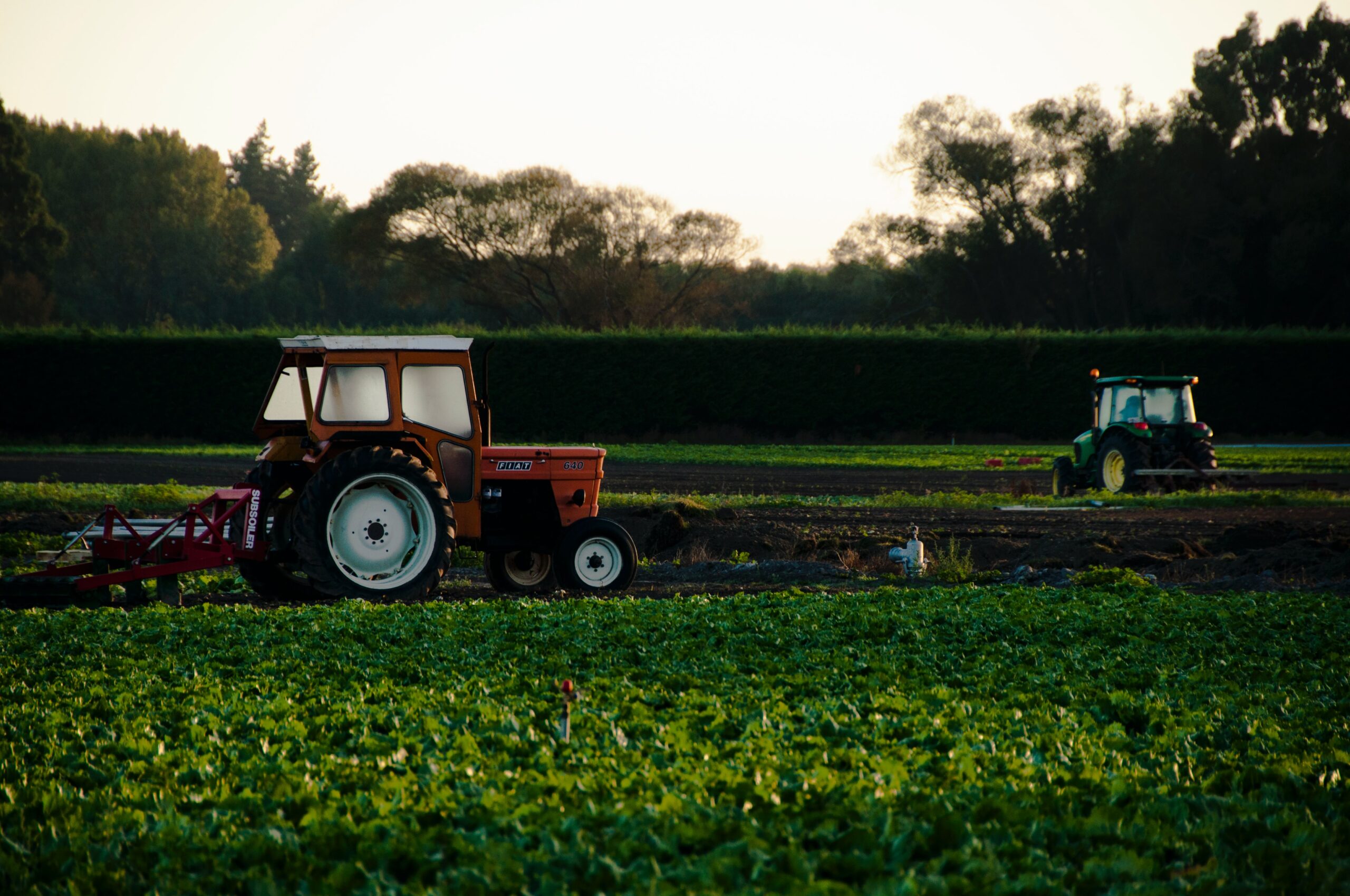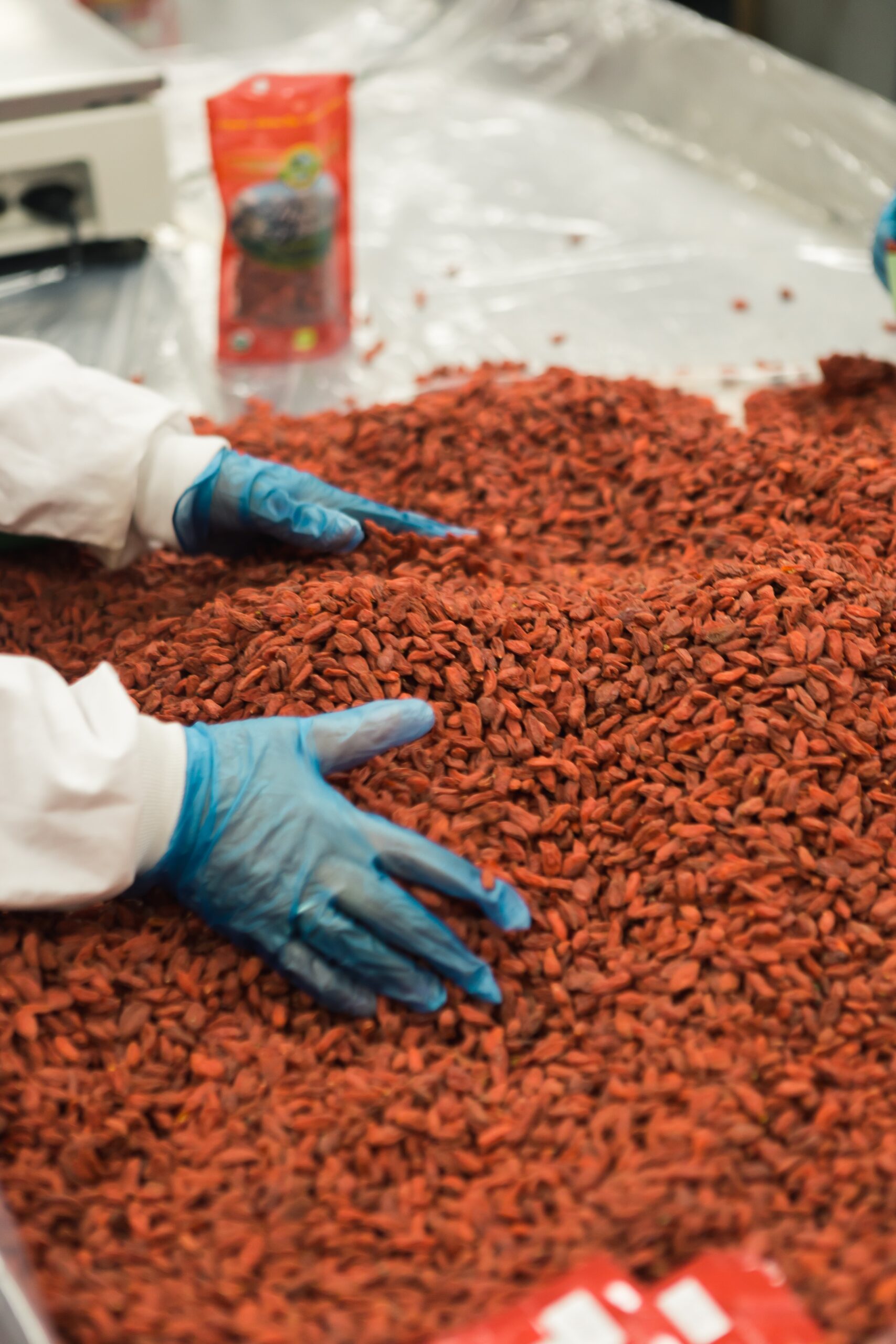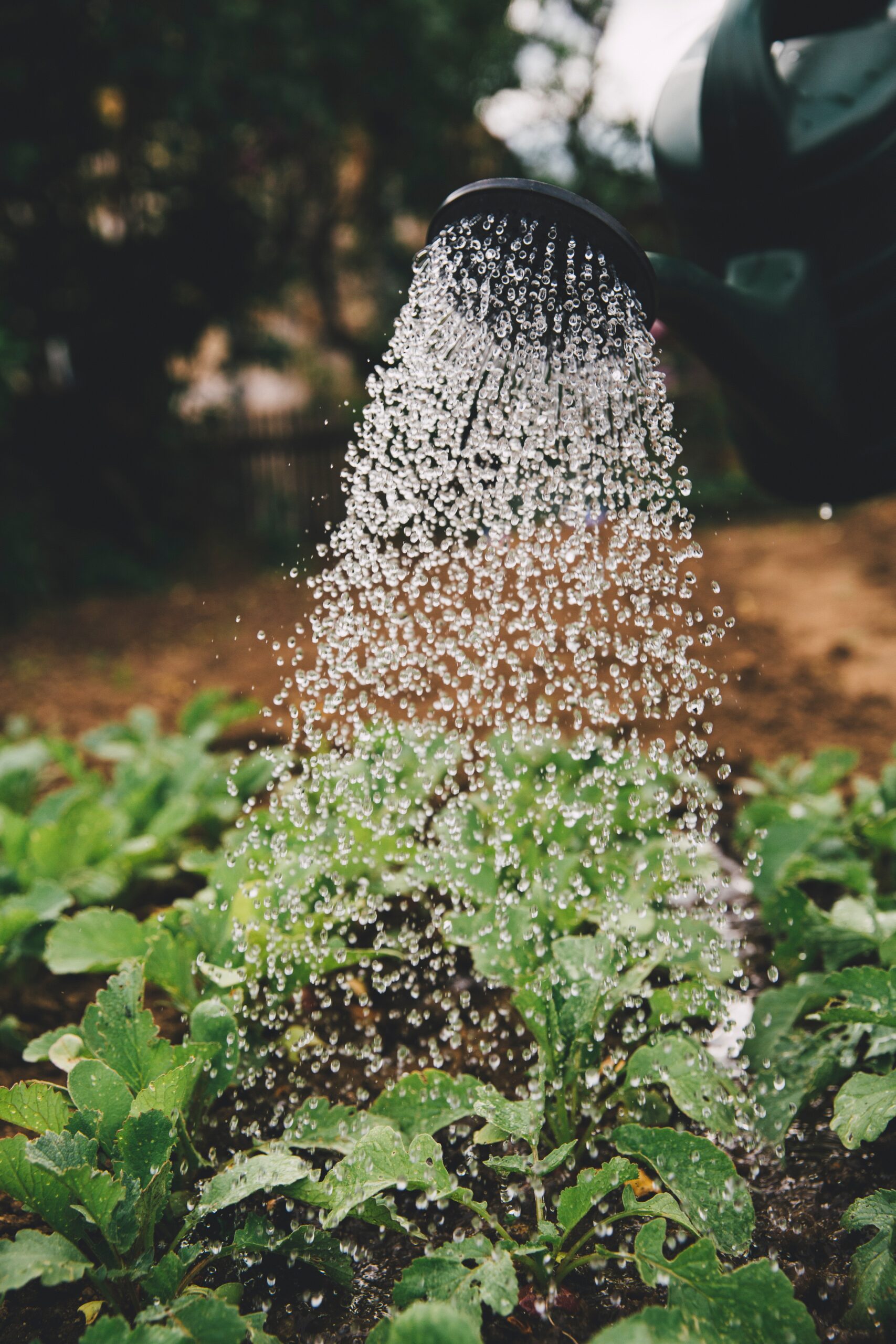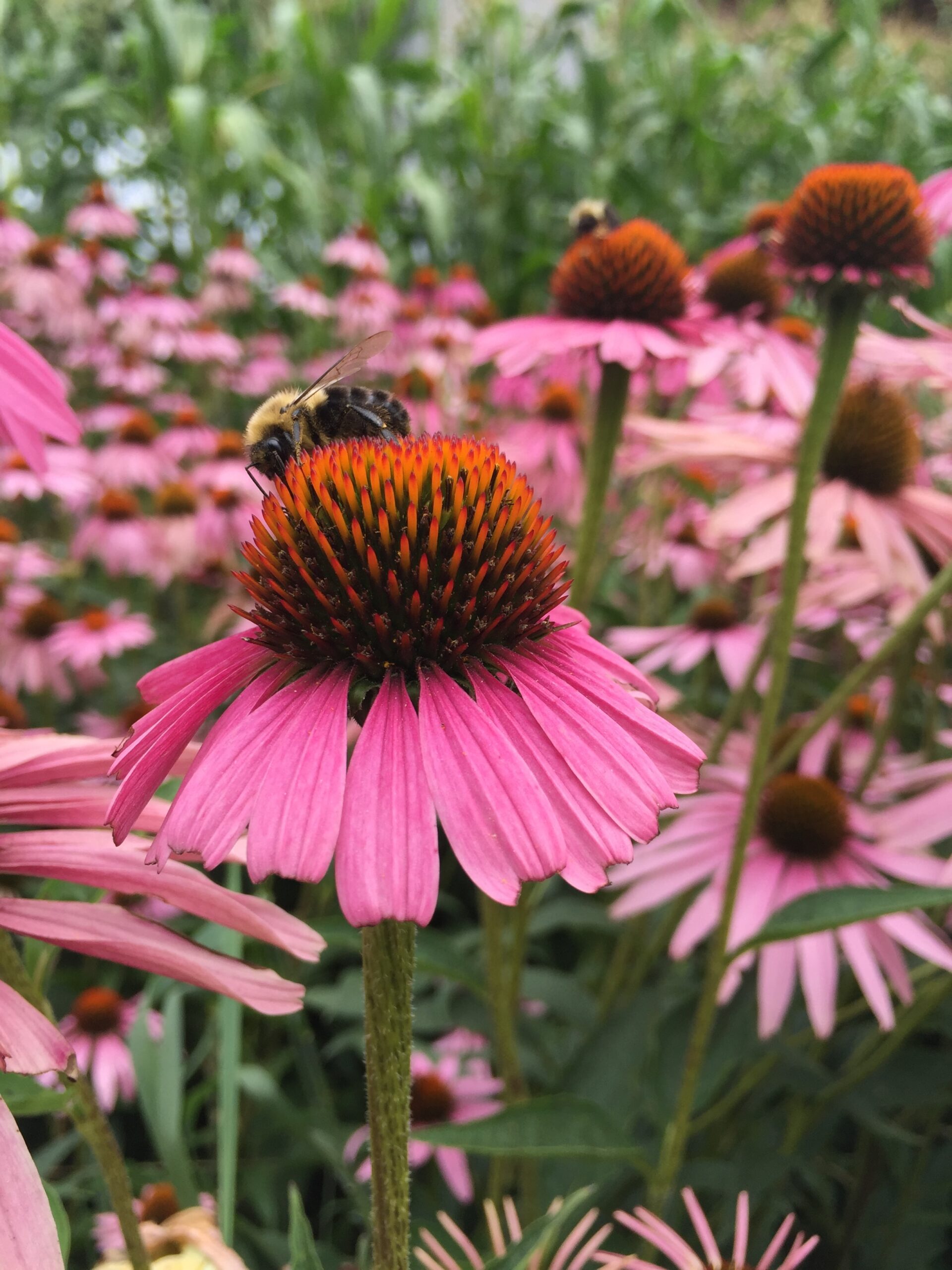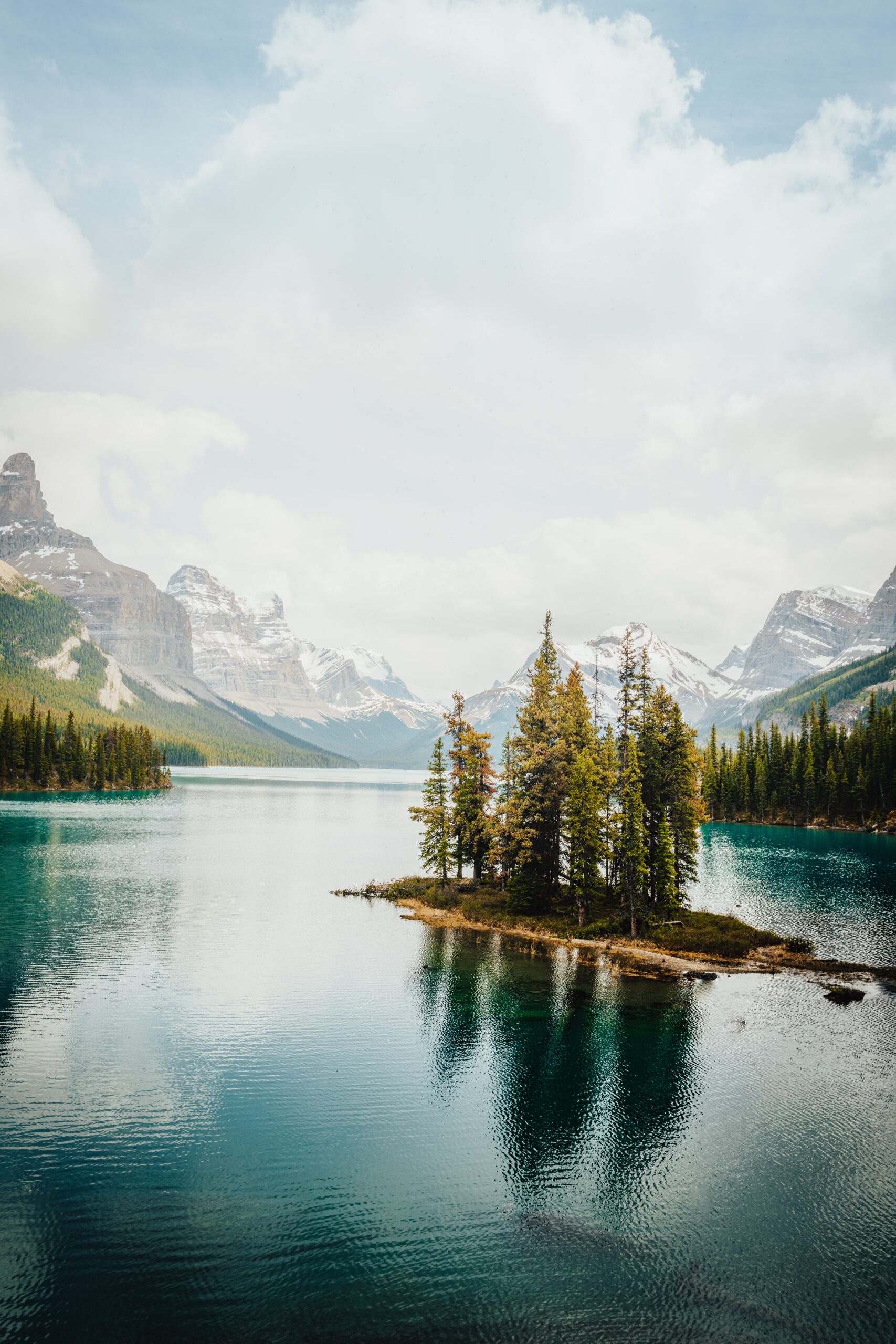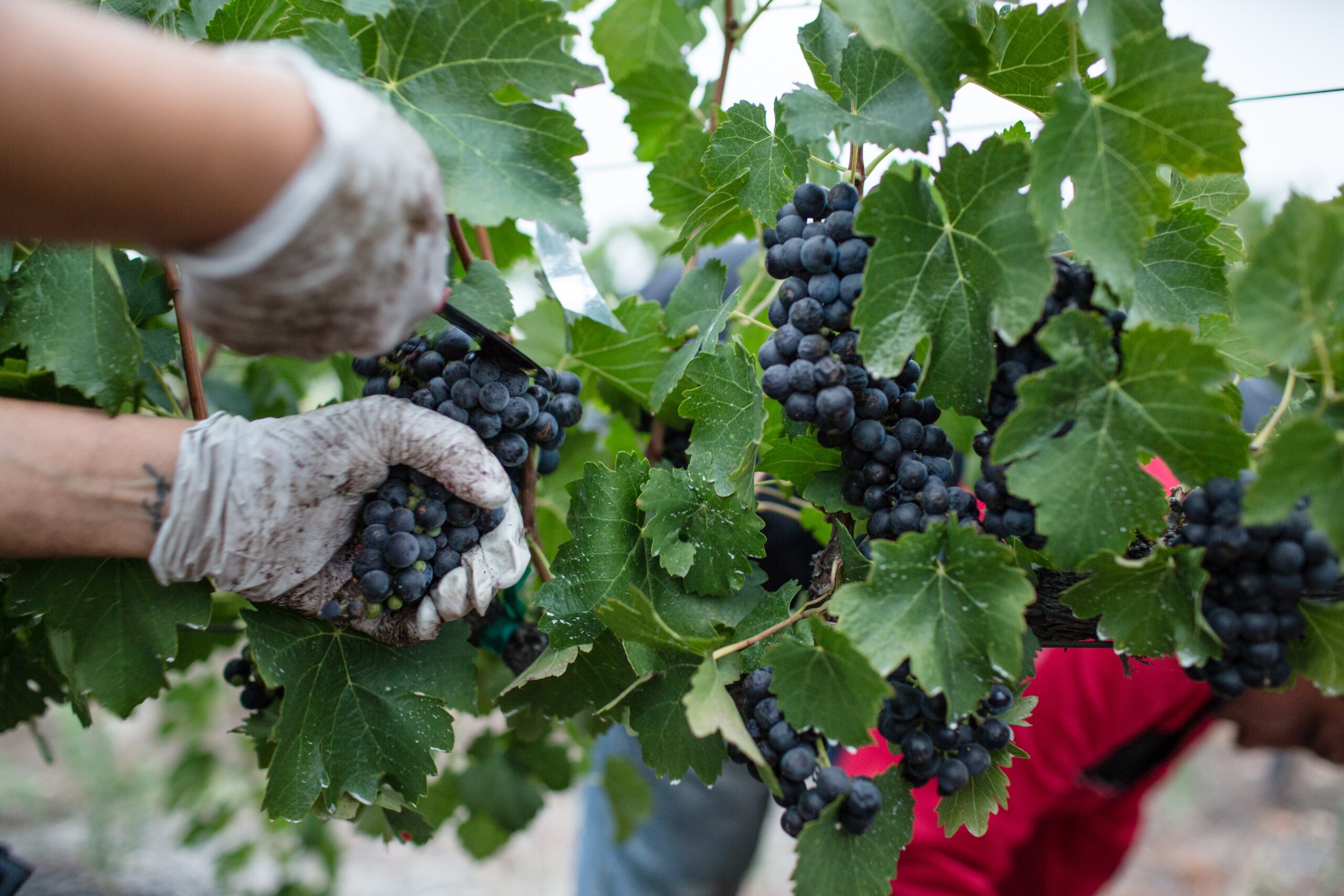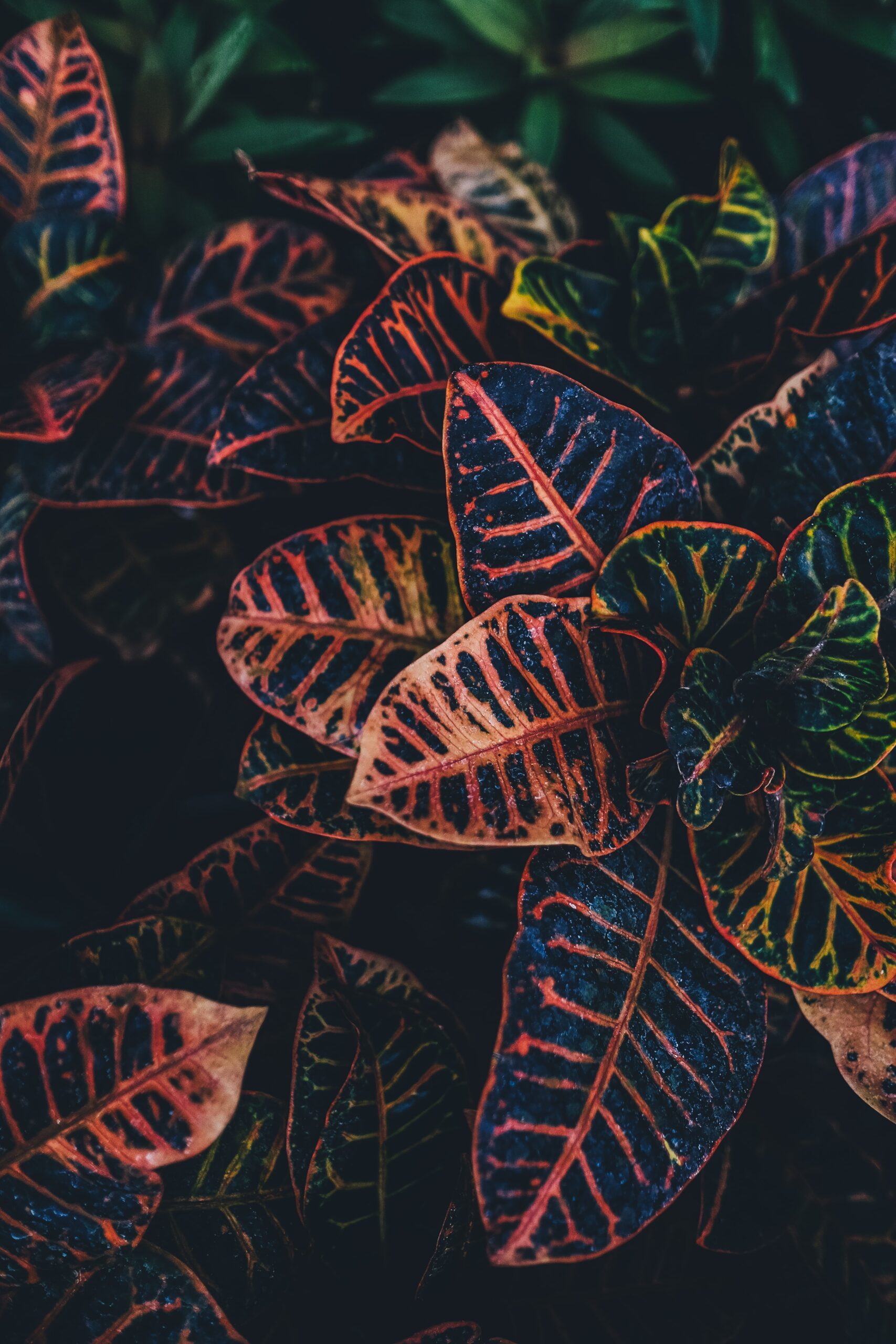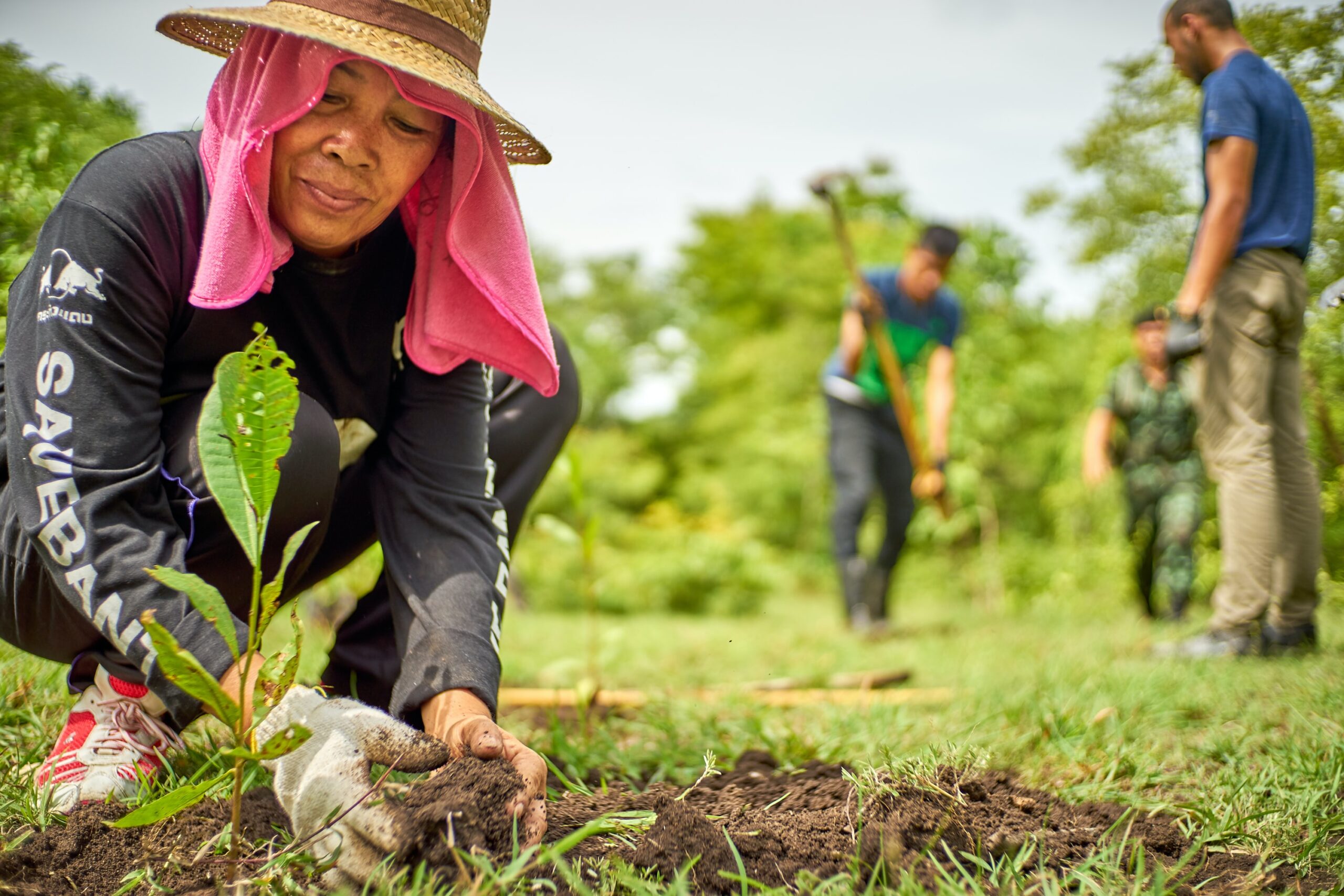The sustainable use and protection of water resources are urgently needed. Human activity and climate change are exacerbating water-related problems and worsening the quality of riparian and wetland ecosystems, rendering them unable to provide services which are basic to human well-being and socioeconomic development. The most affected communities are those that rely on natural aquatic environments, thus suffering the worst consequences of its degradation.
This is the case of the Colombian Embera indigenous people, whose populations have been forced to migrate, due to armed conflicts, to peripheral urban areas without access to safe water and sanitation. For this reason, the international cooperation project “Baña Do Bari” was set up to design and implement treatment wetlands (TWs) for the treatment of wastewater mainly produced in sanitary infrastructure, with the purpose of guaranteeing adequate living conditions and improved basic hygiene to indigenous communities. The sanitary infrastructure was designed collectively with the participation of the community.








































































































































































































































































































































































































































































































































































































































































































































































































































































































































































































